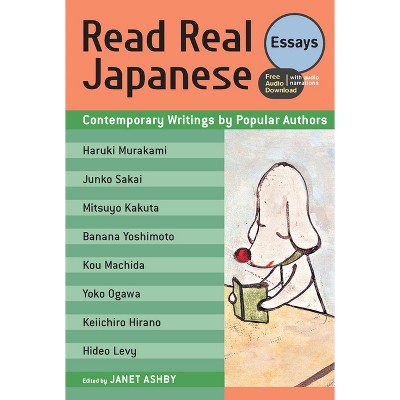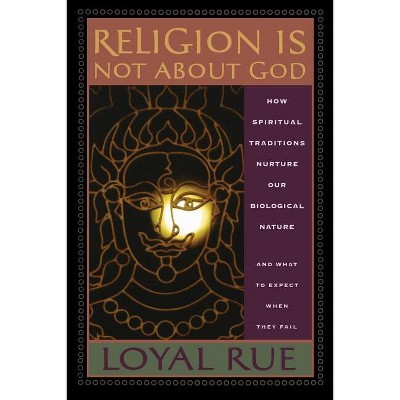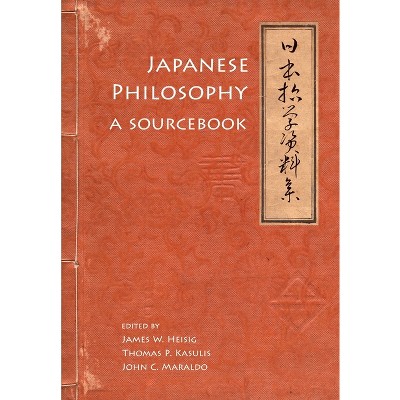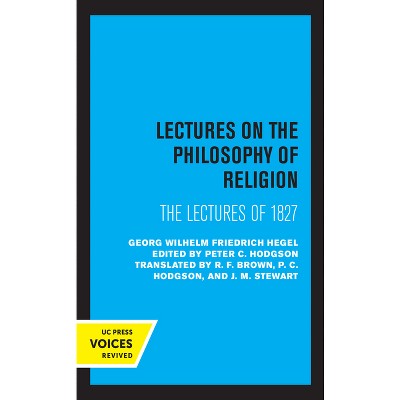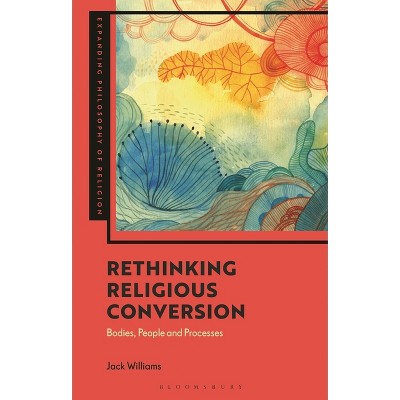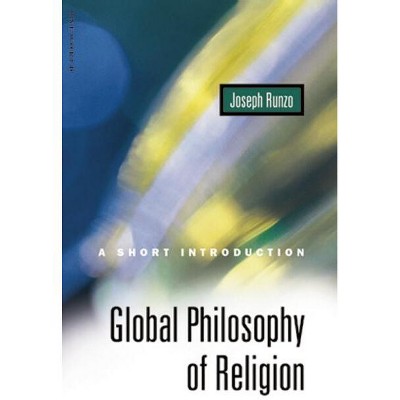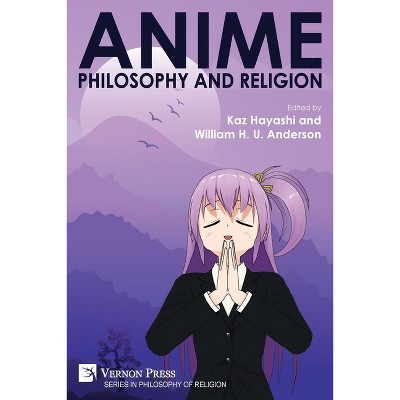Sponsored

Essentials of Shinto - (Resources in Asian Philosophy & Religion) by Stuart D B Picken (Hardcover)
In Stock
Sponsored
About this item
Highlights
- Shinto is finally receiving the attention it deserves as a fundamental component of Japanese culture.
- About the Author: STUART D. B. PICKEN is Professor of Philosophy at International Christian University in Tokyo, where he specializes in ethics and Japanese thought.
- 440 Pages
- Study Guides, General
- Series Name: Resources in Asian Philosophy & Religion
Description
About the Book
Shinto is finally receiving the attention it deserves as a fundamental component of Japanese culture. Nevertheless, it remains a remarkably complex and elusive phenomenon to which Western categories of religion do not readily apply. A knowledge of Shinto can only proceed from a basic understanding of Japanese shrines and civilization, for it is closely intermingled with the Japanese way of life and continues to be a vital natural religion. This book is a convenient guide to Shinto thought.
As a reference work, the volume does not offer a detailed critical study of all aspects of Shinto. Instead, it overviews the essential teachings of Shinto and provides the necessary cultural and historical context for understanding Shinto as a dynamic force in Japanese civilization. The book begins with an historical overview of Shinto, followed by a discussion of Japanese myths. The volume then discusses the role of shrines, which are central to Shinto rituals. Other portions of the book discuss the various Shinto sects and the evolution of Shinto from the Heian period to the present. Because Japanese terms are central to Shinto, the work includes a glossary.
Book Synopsis
Shinto is finally receiving the attention it deserves as a fundamental component of Japanese culture. Nevertheless, it remains a remarkably complex and elusive phenomenon to which Western categories of religion do not readily apply. A knowledge of Shinto can only proceed from a basic understanding of Japanese shrines and civilization, for it is closely intermingled with the Japanese way of life and continues to be a vital natural religion. This book is a convenient guide to Shinto thought.
As a reference work, the volume does not offer a detailed critical study of all aspects of Shinto. Instead, it overviews the essential teachings of Shinto and provides the necessary cultural and historical context for understanding Shinto as a dynamic force in Japanese civilization. The book begins with an historical overview of Shinto, followed by a discussion of Japanese myths. The volume then discusses the role of shrines, which are central to Shinto rituals. Other portions of the book discuss the various Shinto sects and the evolution of Shinto from the Heian period to the present. Because Japanese terms are central to Shinto, the work includes a glossary.Review Quotes
?A useful, if eccentric, volume that serves both as a historical introduction and a topical handbook of Shinto. Valuable to advanced undergraduates, graduate students, faculty.?-Choice
?Rather than telling a single story, the chapters are independent essays that can usefully be studied separately. Taken together, they form an encyclopedic compendium on this complex socio/reglious phenomenon. Picken has created a reference work that is indispensable for scholars of Asian, and comparative, religion and which is helpful for improving our understanding of this neglected tradition.?-Canadian Philosophical Reviews
?Rating: Excellent: Recommended as an admirable reference book to the chief outlines of the religion.?-The Reader's Review
"A useful, if eccentric, volume that serves both as a historical introduction and a topical handbook of Shinto. Valuable to advanced undergraduates, graduate students, faculty."-Choice
"Rating: Excellent: Recommended as an admirable reference book to the chief outlines of the religion."-The Reader's Review
"Rather than telling a single story, the chapters are independent essays that can usefully be studied separately. Taken together, they form an encyclopedic compendium on this complex socio/reglious phenomenon. Picken has created a reference work that is indispensable for scholars of Asian, and comparative, religion and which is helpful for improving our understanding of this neglected tradition."-Canadian Philosophical Reviews
About the Author
STUART D. B. PICKEN is Professor of Philosophy at International Christian University in Tokyo, where he specializes in ethics and Japanese thought. He is also an adviser on international affairs for the High Priest of the Tsubaki Grand Shrine, and was formerly Director of the Centre for Japanese Studies and Visiting Professor of Japanese Thought at the University of Stirling. He has published more than half a dozen books and some 130 articles and papers.
